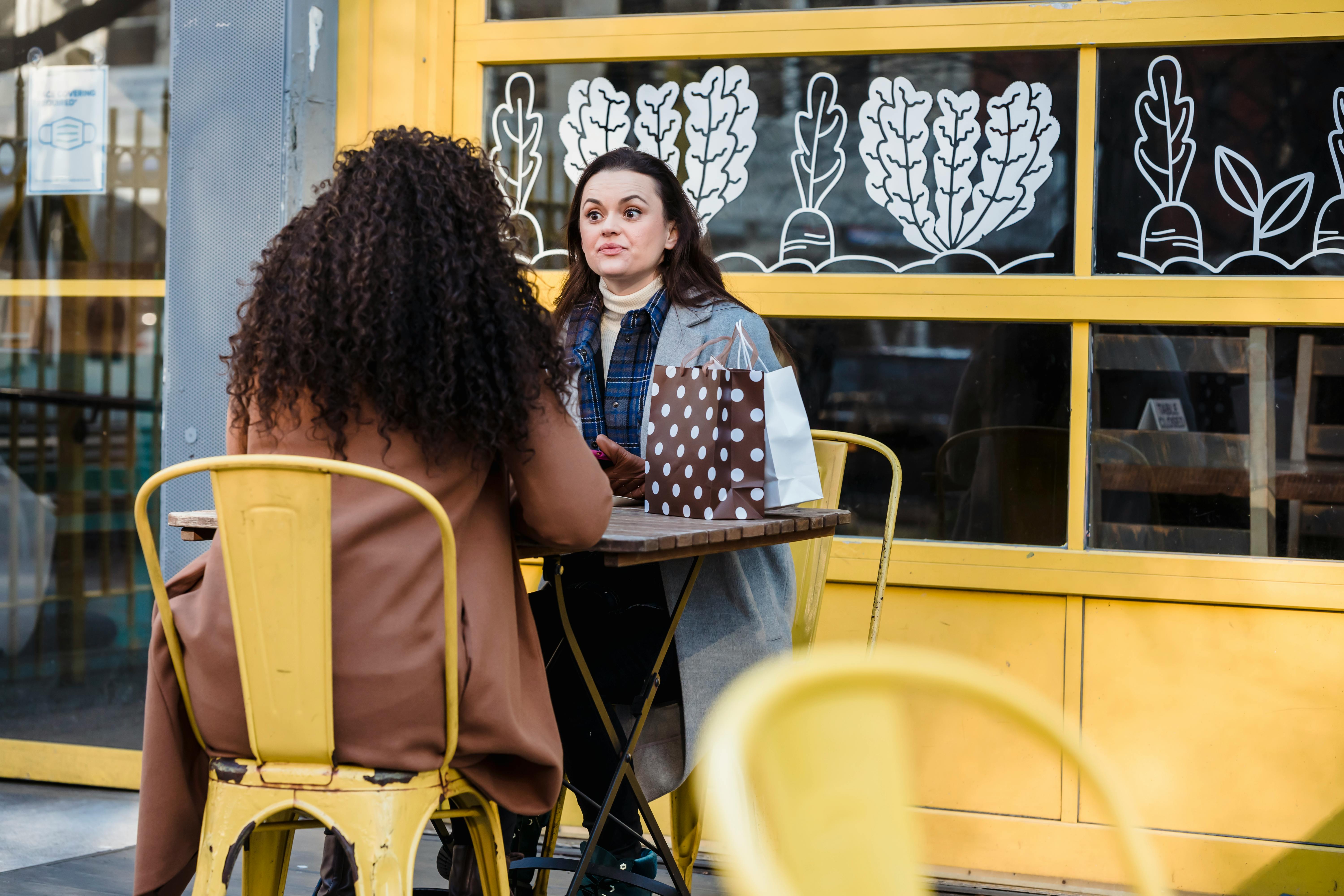Acne rosacea and excessive alcohol consumption have long been linked in the imagination of many. The scratchy, red “whiskey nose” that belongs to WC Fields is a visual reminder of the effects of untreated rosacea. Rosacea-plagued skin becomes increasingly red and can cause excessive tissue development in the nose, leading to a bulbous appearance. However, the common impression that rosacea only occurs among heavy drinkers is patently false. However, drinking exacerbates the flushing effect of rosacea, so heavy drinkers often show more severe symptoms. But even abstainers can suffer from the disease,
Acne rosacea and alcohol consumption, then, do not go hand in hand as disease and cause. In reality, sun damage contributes much more to the development of acne rosacea than alcohol consumption. The disease is a skin disorder that causes redness and swelling in pimple-like areas on the nose, forehead, cheekbones, and chin. . It is especially prevalent in fair-skinned women aged 30 to 60, particularly those of Irish, British, and Scandinavian descent. It should be noted that acne rosacea is not the same condition as normal acne. As rosacea progresses, it often causes inflamed areas known as pustules and papules, which are hard nodules similar to the appearance of normal acne.
Acne rosacea and alcohol are linked, however, in that alcohol is a trigger for the redness that contributes to rosacea. Red wine is the worst offender for redness. In a study of rosacea sufferers, red wine caused rosacea flare-ups in 76% of cases. Many patients find that they avoid all types of alcohol to avoid the reddening of the skin that worsens rosacea symptoms. In the same study, 64% said they only had one drink to cause a hot flash reaction.
Acne Rosacea and Alcohol: Is Alcohol the Only Trigger for Breakouts? No, there are many factors that will worsen the appearance of rosacea. Really, anything that causes redness should be avoided. This includes sun exposure (use a high SPF sunscreen daily), overheating from hot baths and showers, exercise, spicy foods, hot beverages such as tea and coffee. Anxiety and stress can also be triggers for rosacea flare-ups, as can exposure to cold weather.
